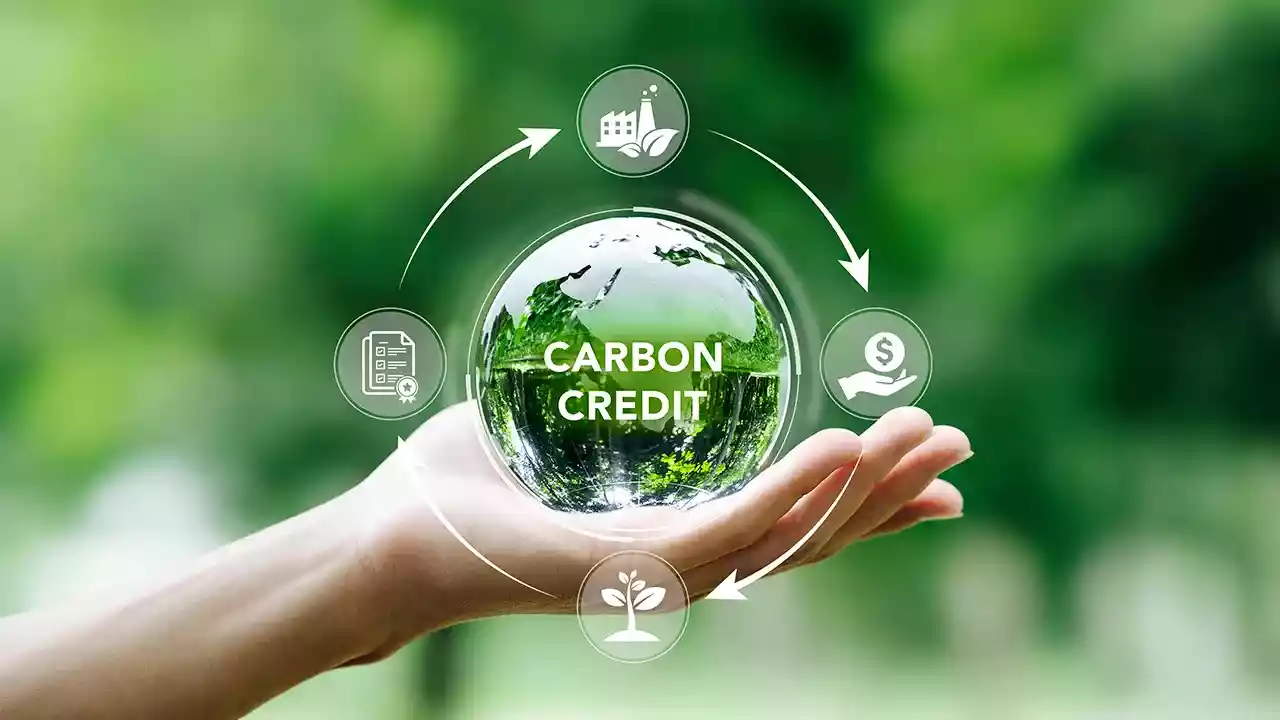
GOVERNMENT has witnessed an “encouraging uptake” and interest from domestic and international actors in several carbon credit projects, following changes to the registration and the registry of these instruments, it has been revealed.
The government recently legislated Statutory Instrument (SI) 48 of 2025, which introduced holistic regulations to govern how carbon credit trading is conducted within the country.
The release of these new regulations comes after the country missed out on the revenue generated from the 22 558 385 carbon credits issued as of February, which at the global price of US$6,53 per instrument, translates to US$147,3 million.
SI48 of 2025 increases the government’s chances of getting revenue from taxes, licences and fees associated with registering carbon credits.
Under the law, 30% of all revenue generated from carbon credits will go to the government. Further, 2% of the total credit volume will be allocated directly to the national buffer account to mitigate risks associated with reversals and over-crediting.
“Since the promulgation of the carbon market policy and regulatory frameworks, the ministry has witnessed encouraging uptake and interest from both domestic and international actors. Several projects are at various stages of registration, and the registry continues to receive new applications,” the Ministry of Environment, Climate and Wildlife’s climate change management director, Washington Zhakata, told NewsDay Business in an interview.
“Footprint in the system indicates that there are a total of 130 users signed up on the digital application platform, out of which 98 of them are project developers, five are auditors and 27 are buyers.”
Despite the government’s initial revenue projections, Zhakata cautioned that it is still too early to provide accurate forecasts, as applications are still being submitted.
- All eyes on the Zambezi valley oil rigs
- Policymakers urged to include children's rights in climate change plans
- Zim launches climate change gender action plan
- Zim announces plan to protect wetlands
Keep Reading
“While it is too early to provide precise revenue forecasts, as project developers are still submitting their applications, the carbon market is expected to generate significant environmental and economic benefits, particularly through enhanced foreign direct investment, ecosystem preservation and climate finance inflows,” Zhakata said.
“Projections will be shared in due course as the market stabilises and as projects advance with their registration processes. The carbon market policy and regulatory frameworks are in their early stages of implementation; the ministry is committed to iterative improvements based on stakeholder feedback.”
NewsDay Business understands that efforts are already underway to streamline the registration process, enhance user support and provide capacity-building opportunities, particularly for local and small-scale project developers.
Stakeholders have, however, raised concerns over the fees.
These fees include US$2 500 for a developer, US$250 (maintenance fee), US$3 000 (PIN fee), US$5 000 (project design document submission fee) and other payments that are made for a developer to begin trading as a registered carbon trader.
“Our biggest concern is pricing. If you check, most of our local players are having issues with accessing loans and that means paying more than US$10 000, which is a huge amount to begin with,” one source who requested anonymity told NewsDay Business.
“Hence, we urge the government to reconsider the fee so that many people will participate.”
Responding to these concerns, Zhakata said: “The current fee structure is primarily designed to recover administrative and operational costs required to maintain a secure, credible and internationally aligned carbon registry to the benefit of all stakeholders.
“These stakeholders include the government, project developers, auditors and buyers, as well as other general users interested in studying and understanding Zimbabwe’s carbon market.”
“Any future revisions of these fees shall be informed by broader stakeholder consultations and a comprehensive review of operational sustainability.”










